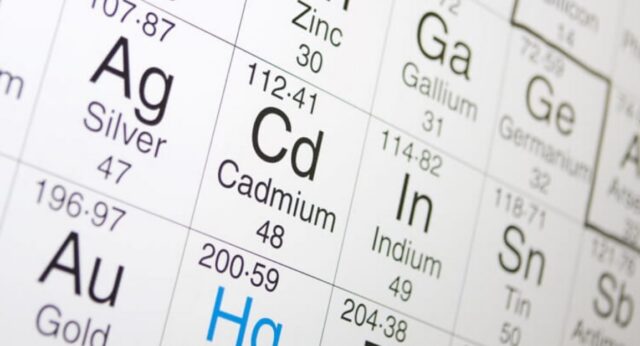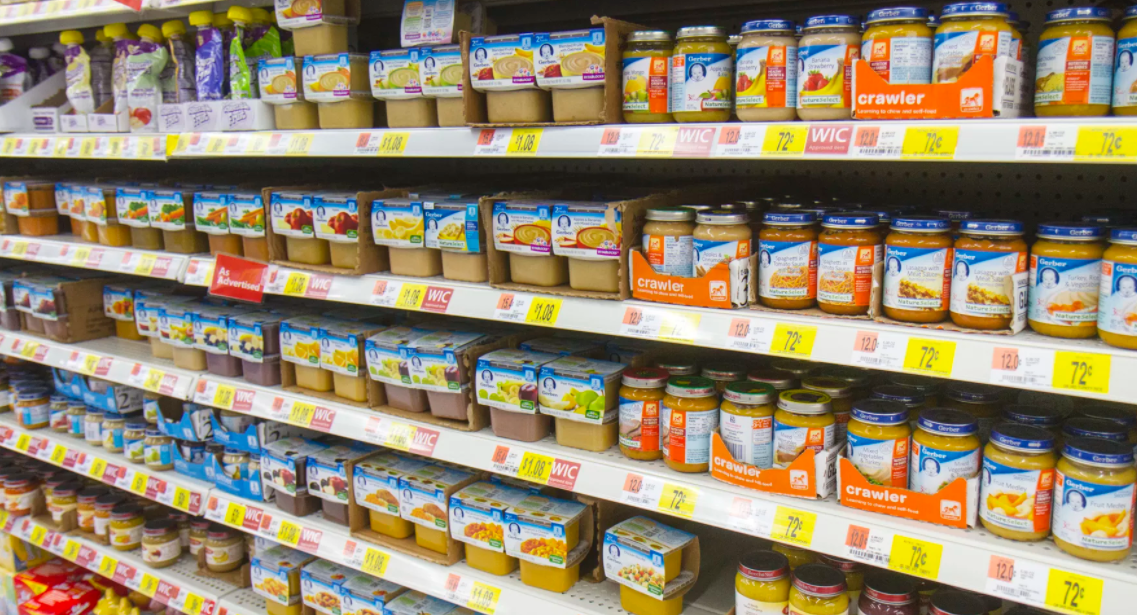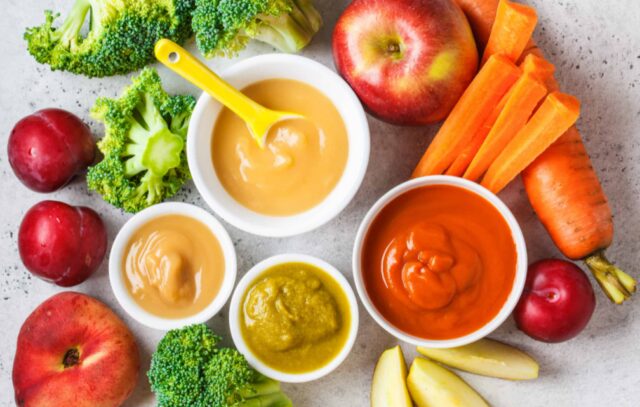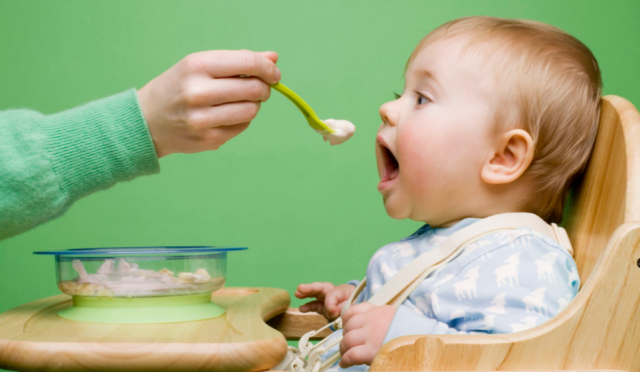Many moments in our lives leave us in awe, but only a few of them can bring so much pure joy and happiness as having a baby. Yes, there is no better or higher feeling than the one when you see your child for the first time, as at that moment, everything else simply gets a little less important because everything that really matters and everything that really means so much to you, you are holding in your hands.
Of course, having kids also means worrying a bit more, but when someone cares so much, it’s nothing unusual to worry a little more as well. On the other hand, worrying too much can harm your relationship, but that’s a topic for some other time, for when we talk about parenting tips, so let’s focus more today on infants, or to be more precise, food for babies.
One of the first questions when it comes to babies that parents can often encounter is whether they use formula or not. Now, this is only the beginning, as what’s today one of the highlight topics is whether food for babies contains heavy metals or not, and if so, how harmful it can be. So, before making any assumptions, let’s first check the facts regarding heavy metals and five things all parents should know about them in food for toddlers.
1. Inform Yourself

We can all hear and read about heavy metals found in the water we drink on a daily basis, but they are also in many different foods we eat every day. Yes, even though this may come as a surprise, it happens, but most people think that if they drink water that has lead in it, they will get ill, or worse. Now, all of this panic and overall scare comes from not knowing the basics about how they work and what amount can lead to poisoning and other illnesses.
The first thing we need to understand is that an adult person has a certain resistance to many things as our immune system already had a chance to overcome certain viruses, meaning that it knows how to fight them off. When it comes to toddlers, it’s a different story, as they are more vulnerable because they are developing, meaning that their body and immune systems are not ready and prepared.
Now, this doesn’t mean it is time to panic, far from it, and even though almost every product made for babies has some level of heavy metals in them, that doesn’t mean they will develop any health problems at all in the future.
2. They Can Be Harmful
For starters, the amount of potentially harmful ingredients in baby food is not that high, and it does not represent a huge risk, but it can be pretty harmful in some cases. Since it can impact brain development, it is better to minimize it because avoiding it is unfortunately impossible.
Their consumption can cause slower learning, problems with cognition, lower IQ, and problematic demeanor, and although they are not the only factor that affects brain development, it is better to be careful and minimize their intake.
Besides the fact that they affect brain development, they can cause many other problems because they accumulate in the liver and many other organs and can stay in the body for years. That means they can cause many health issues even after a long time, such as cancer, diabetes, reproduction problems, and many others.
3. Healthy Food Is Not Always That

Many parents are convinced that organic food is completely safe for their kids, and they believe it cannot be harmful at all. Unfortunately, the truth is different, and although organic products are much healthier, that does not mean they do not contain heavy metals.
It is crucial to mention that many types of rice, for example, contain a small amount of arsenic, and because of that, it is important to be careful with this foodstuff when creating a baby’s menu. That does not mean you should avoid them entirely, but it is necessary to be careful, choose the right type, and prepare it in the right way.
4. They Can Contaminate Food in Various Ways
They can get into food in many different ways, and it is almost impossible to prevent them. First of all, they are an integral part of the soil, and because of that, we can find them even in organic food grown in completely natural conditions.
The bigger problem is contaminated soil and water and the number of heavy metals in them that are easily transferred into plants. People contaminate water and soil in many ways, including the usage of pesticides and leaded gasoline, mining, and farming. Another way is through packaging since many metals are used in the manufacturing process, and they can easily get into food during it.
5. Preparing Meals at Home Is a Good Option

We already mentioned that some groceries, such as rice plants, contain a small number of heavy metals, but if you decide to prepare meals at home, it is more likely that you will minimize their intake because you will avoid those from packaging or processing. Besides that, homemade meals are much more tasteful, you will save a lot of money, and they are healthier in many ways.
Not only that, in that way, you will minimize the intake of heavy metals, but you will also avoid many preservatives that can be found in almost every baby’s food to ensure it will last longer. It is important to use various groceries and combine them in different ways to make sure your children are getting all the necessary nutrients.
Final Thoughts
Understandably, we want the best for our kids, and it all starts with the food we give them. There is so much responsibility we all feel as parents, and one of the main ones is regarding baby food without heavy metals, which is why it’s good to know that cooking and preparing meals for your toddlers on your own is always the best option.









